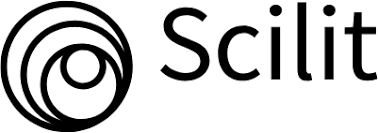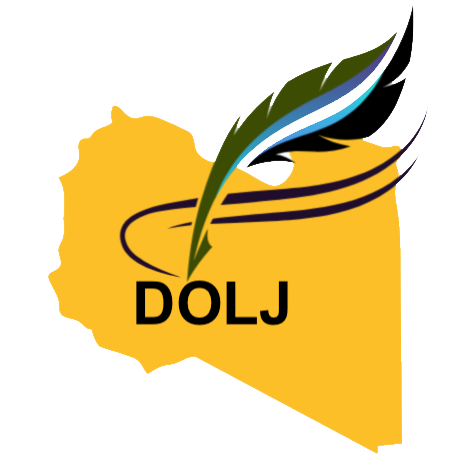The Controversy of Doubt and Certainty in the Theory of Knowledge
DOI:
https://doi.org/10.54172/ym1mwc22Keywords:
Doubt and Certainty, Philosophy, Theory of KnowledgeAbstract
The problem of knowledge has accompanied philosophy since its inception, and it remains, to this day, a continuous subject of debate in various humanities fields. We must acknowledge from the outset that knowledge, in all its forms, presupposes the existence of a subject or an agent who desires to know a subject capable of being known. In other words, it is presupposed that the subject is transparent and that humans can penetrate it to perceive and understand it as it is in itself. Doubt is a belief held by its adherents that human efforts to obtain knowledge are futile. When doubt focuses on people's beliefs, it becomes a denial, as in the case of the atheist who denies the existence of God. This denial implies a lack of belief in the existence of any other god, issuing a negative judgment aimed at mental ease, peace of mind, and a state of indifference. Followers of doubt take a middle stance between absolute scepticism and dogmatic certainty, asserting claims whose absolute truth is supported and defended even if they lack logical support or face destructive objections. Doubt neither completely denies the positions of others nor stubbornly insists on its stance; rather, it suspends judgment without affirmation or negation, saying "I do not know," although it tends more towards doubt than certainty. Epistemic doubt differs from methodological doubt, in which the researcher artificially generates doubt as a method of thinking, imposing it willingly to rid his mind of previous information as a precondition for rethinking it anew on his own.
Downloads
Published
Issue
Section
License

This work is licensed under a Creative Commons Attribution-NonCommercial 4.0 International License.
Copyright of the articles Published by Almukhtar Journal of Social Science (MJSSc) is retained by the author(s), who grant MJSc a license to publish the article. Authors also grant any third party the right to use the article freely as long as its integrity is maintained and its original authors and cite MJSSc as the original publisher. Also, they accept the article remains published by the MJSSc website (except in the occasion of a retraction of the article).













